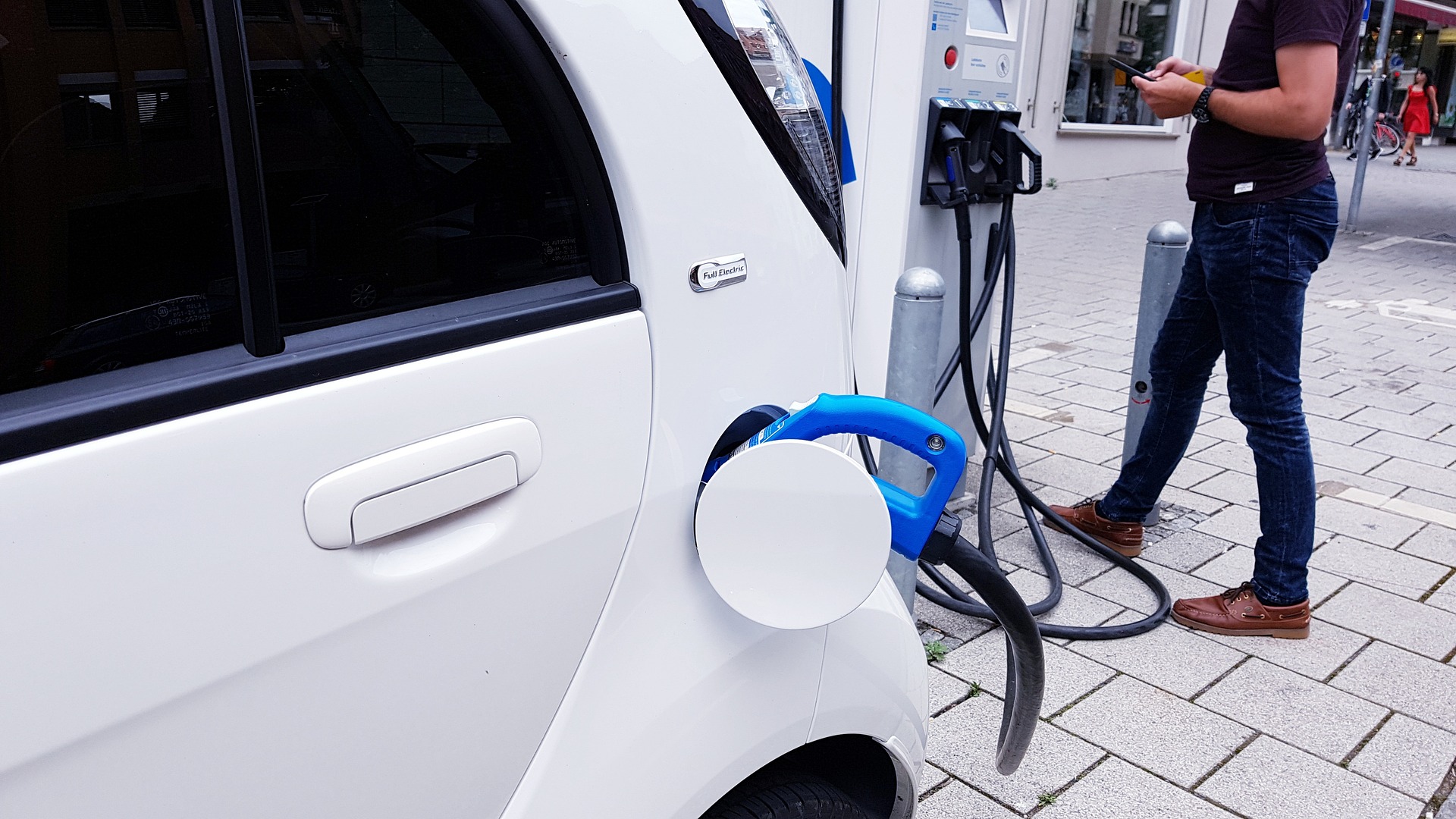Rediscovering the Art of Engine Remapping: An In-Depth Perspective
The humming of a finely tuned engine, the exhilaration of experiencing every ounce of horsepower, the thrill of optimized performance – these are the sensations that thrill every automotive enthusiast. Welcome to the world of engine remapping, a niche yet compelling sector of the automotive industry that's gaining momentum.

The Genesis of Engine Remapping
Engine remapping, also known as engine tuning or ECU (Engine Control Unit) remapping, is a process that involves adjusting the software within the ECU to enhance the vehicle’s performance. The ECU controls various engine functions such as fuel injection, air intake, and ignition timing. The concept of remapping is far from new; it can trace its roots back to the 1980s when the first ECUs were introduced in automobiles. Over the years, advances in ECU technology have made remapping a more precise and effective method for tweaking engine performance.
Current Trends in Engine Remapping
Engine remapping has evolved dramatically in recent years, with the advent of more sophisticated ECUs and an increasing demand for personalized vehicle performance. One significant trend is the use of mobile applications that allow drivers to remap their engines remotely. These apps provide a user-friendly interface that enables drivers to customize various engine parameters to their liking. Another trend is the rise of professional engine remapping services, which offer expert tuning for optimal performance and fuel efficiency.
The Impact of Engine Remapping
The impact of engine remapping is profound, especially in terms of performance enhancement. By adjusting the ECU’s parameters, drivers can increase horsepower, improve fuel efficiency, and fine-tune the engine’s overall performance. For example, remapping can allow a vehicle to achieve higher top speeds, quicker acceleration, and improved throttle response. However, there are also challenges associated with engine remapping. It requires specialized knowledge and equipment, and if done incorrectly, it can potentially harm the engine or void the vehicle’s warranty.
Backed by Research
The efficacy of engine remapping is well-documented in various studies. Research has shown that remapping can improve fuel efficiency by up to 20% and increase horsepower by up to 30%. However, these improvements vary depending on the vehicle and the quality of the remapping. Therefore, it’s essential to approach engine remapping with a well-informed understanding of the process and potential outcomes.
Balancing Technicality and Accessibility
Engine remapping is undoubtedly a technical topic, but it’s also a fascinating aspect of automotive culture that appeals to a broad range of enthusiasts. It’s about more than just improving performance; it’s about personalizing a vehicle to reflect the driver’s unique preferences and driving style. Whether you’re an experienced mechanic or a casual car lover, the world of engine remapping offers a wealth of opportunities to explore and appreciate the intricate mechanics of automobiles.
Engine remapping is a captivating intersection of automotive engineering and personal expression. As this sector continues to evolve, it will undoubtedly continue to captivate the imaginations of automotive enthusiasts around the world.




